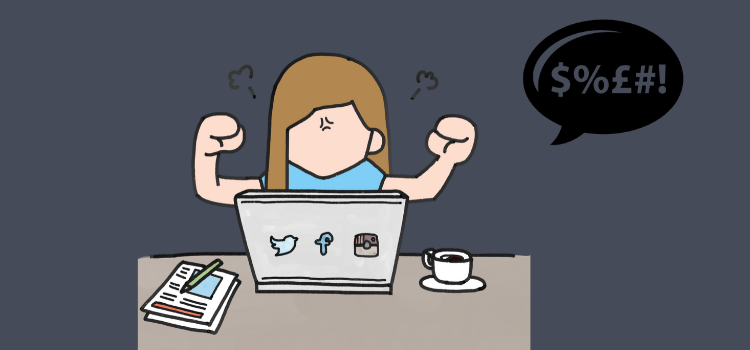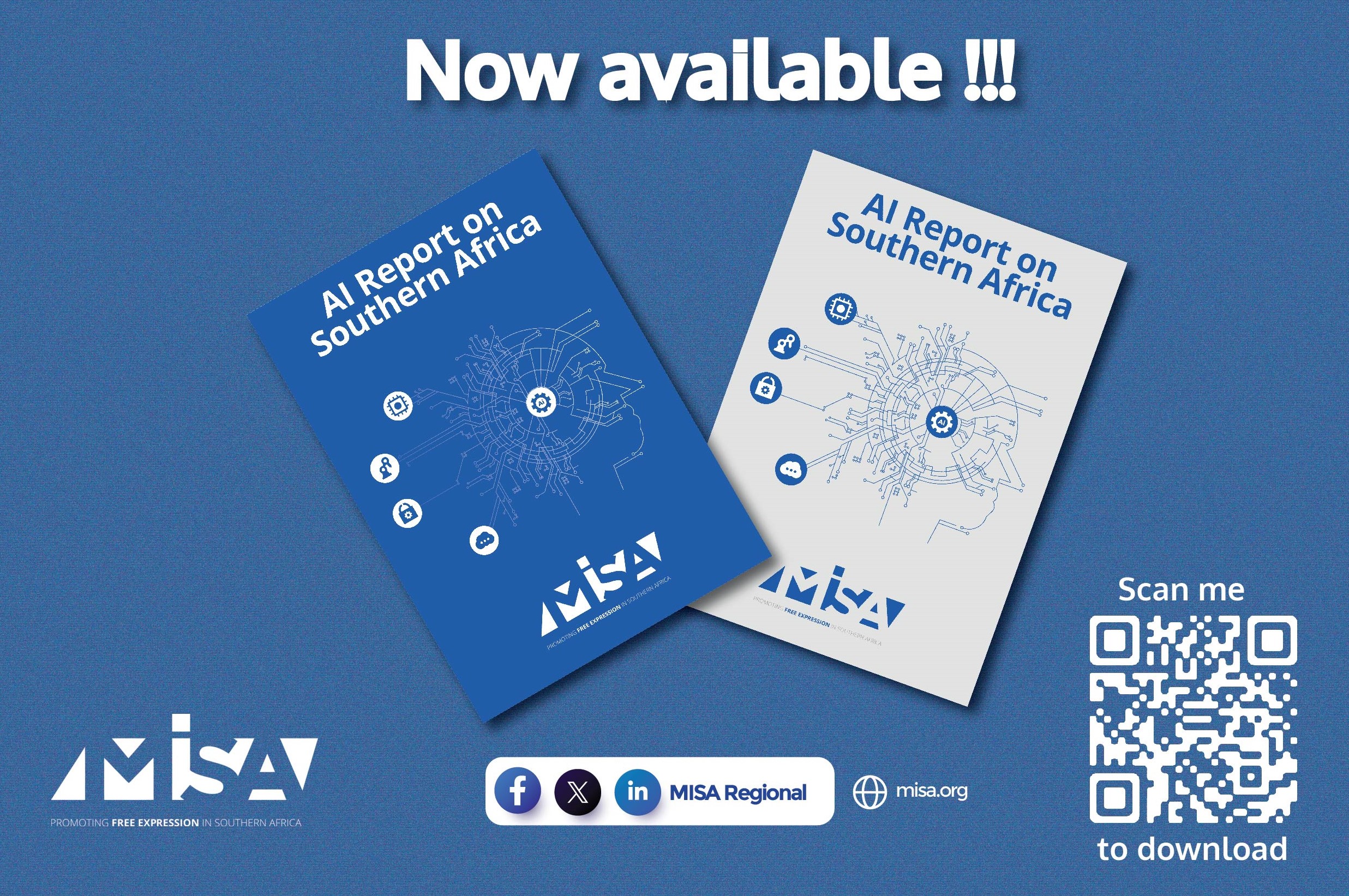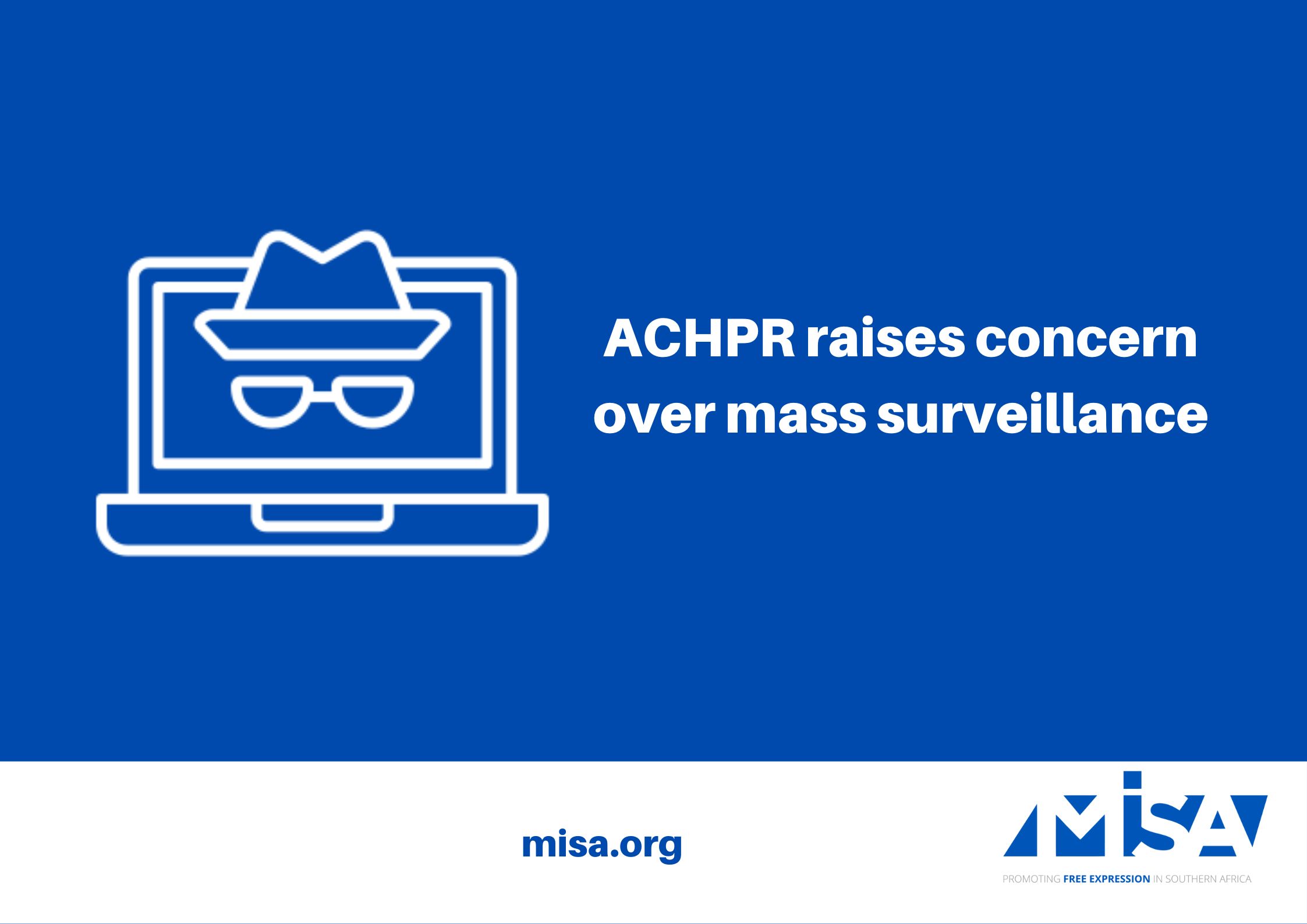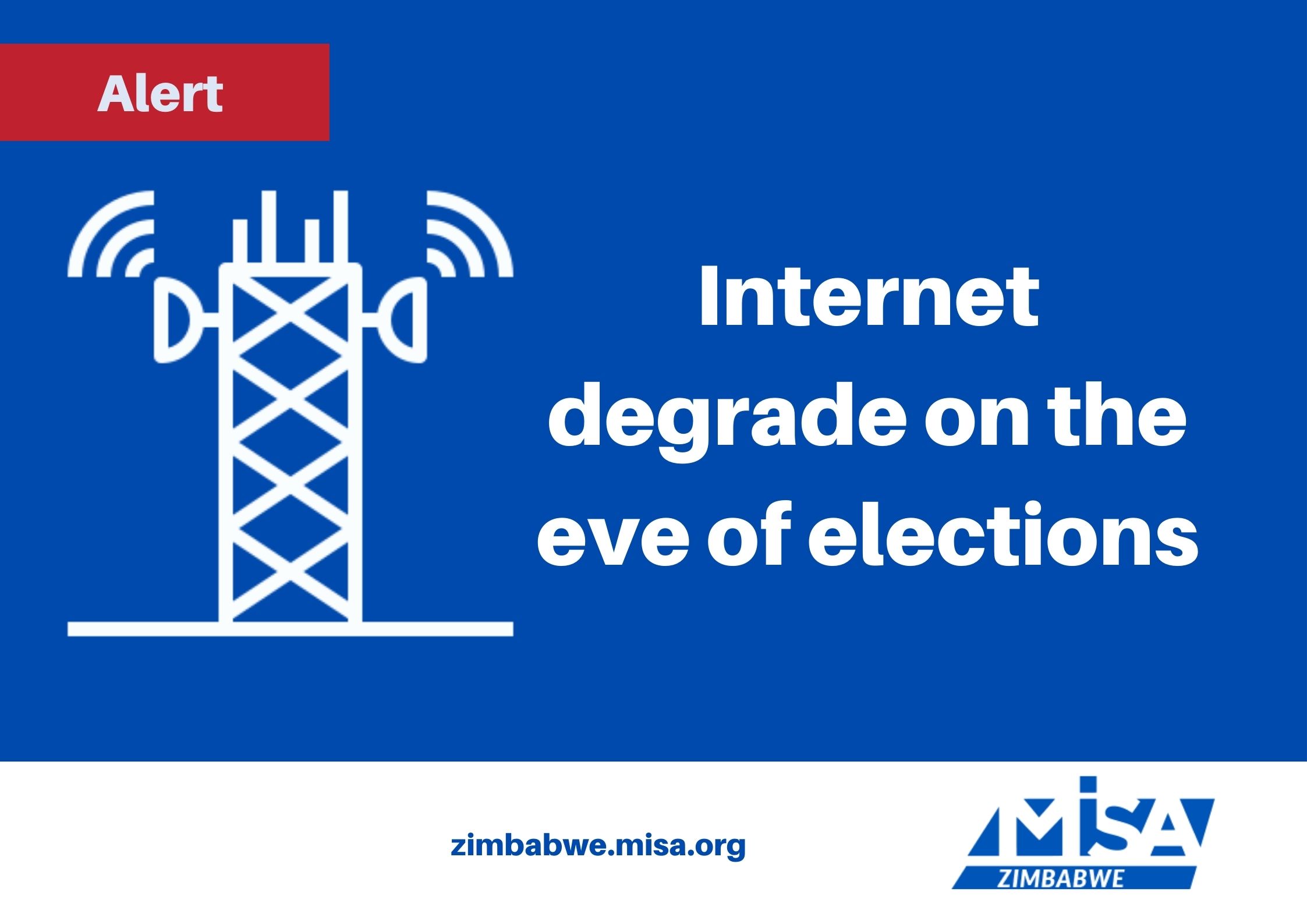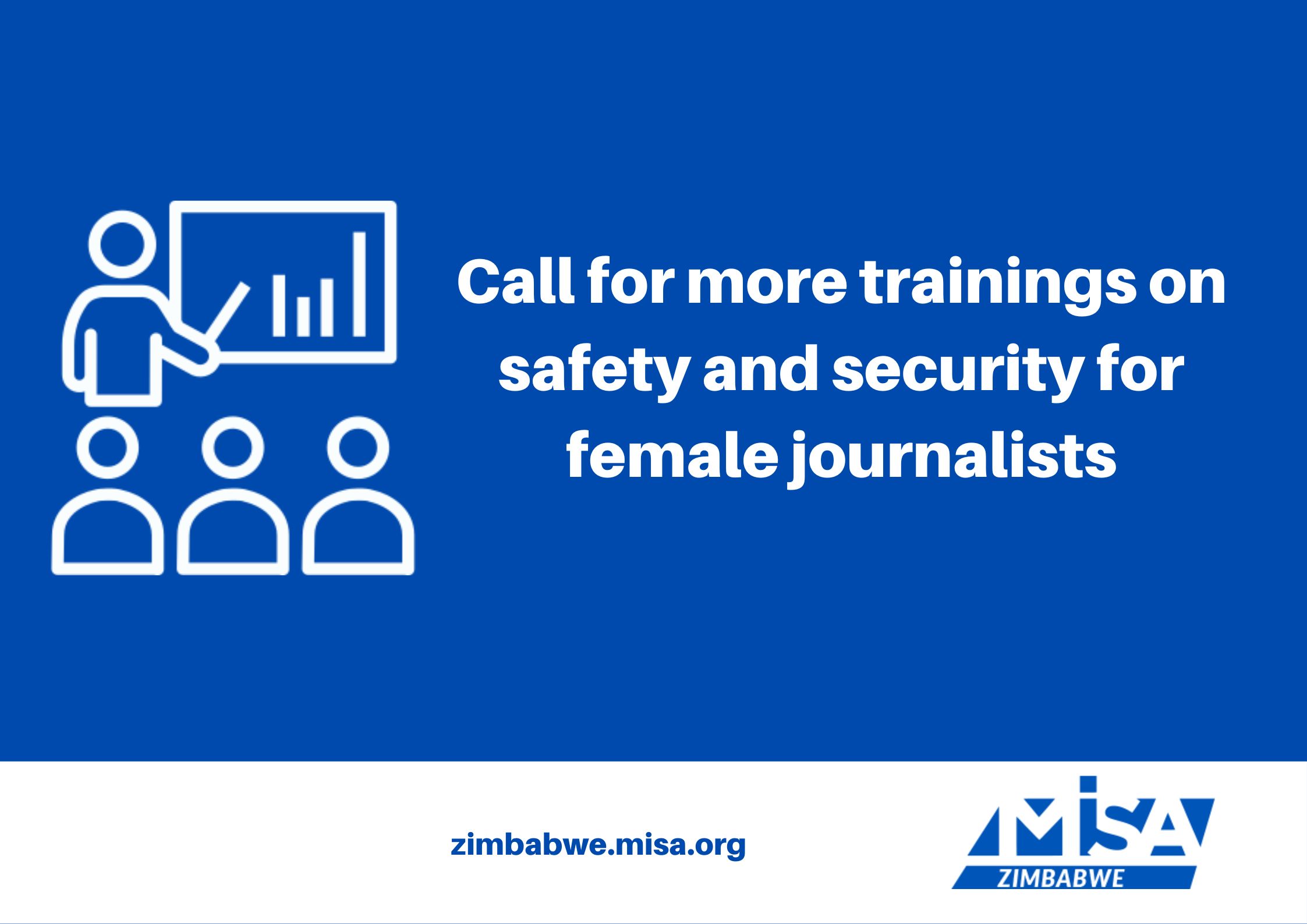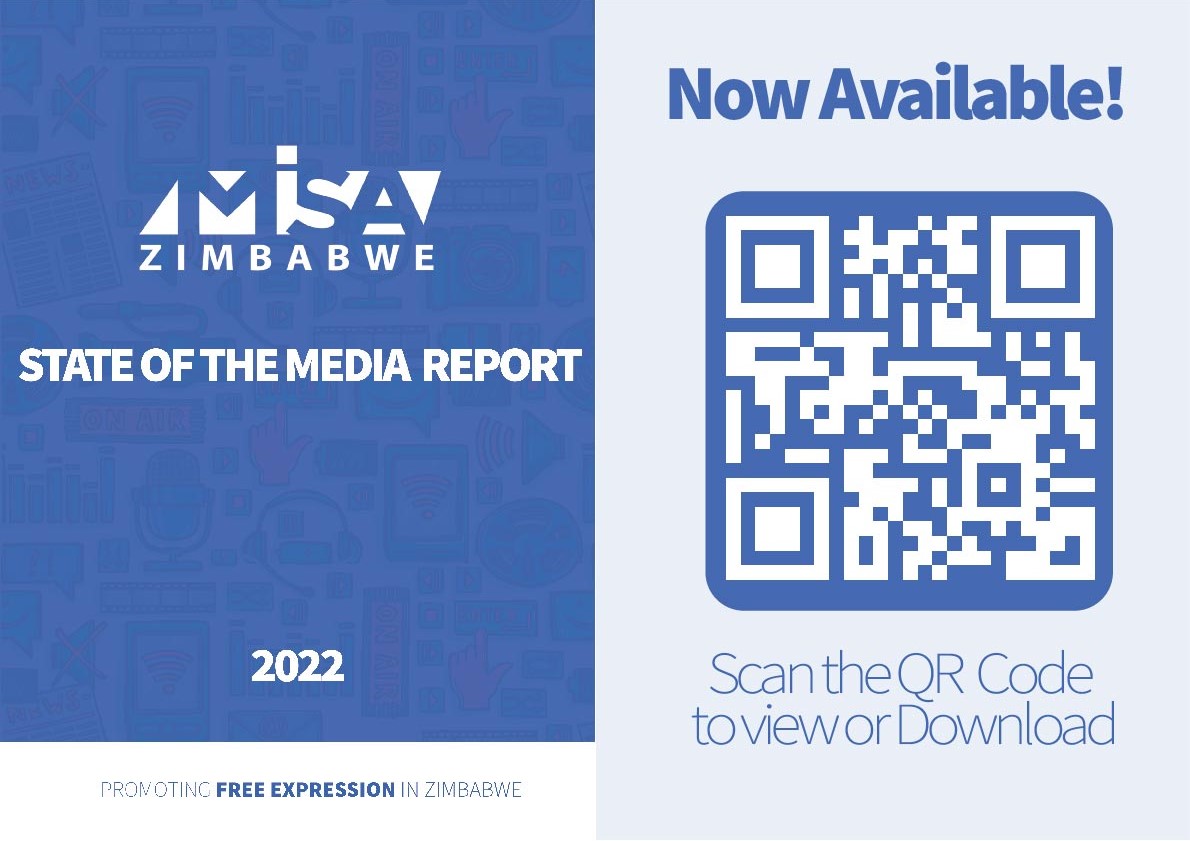By Staff Reporter, The Zimbabwe Mail
ABUSE is any action that intentionally harms or injures another person physically, emotionally and mentally. Online abuse is that which happens on the internet. The person will be using a computer, laptop or phone or any device that can be connected to the internet. It can be in various forms but tends to be when someone sends pictures that the recipient does not want to receive or communication that is offensive. The most common types of such abuse are revenge porn, stalking and online bullying.
With the current high use of electronic technology, women are more exposed to such abuse. Some women will not report when they find themselves being harassed in such a way and others will feel that they somehow invited such behaviour to themselves and continue to suffer in silence. Others may feel that by reporting such abuse they will bring more attention to themselves and the issue, then everybody will get to know about the abuse resulting in further abuse or ridicule. Sometimes people fear stigma especially depending on the kind of abuse that would have taken place.
Online abuse can result in loss of confidence and it may impair one’s dignity. This may cause irreparable harm especially because technology has a long memory in addition to its capacity to be easily duplicated and going viral, thus some videos or chats may resurface after many years when the survivor has reconciled herself with what would have happened in the past.
Currently, in Zimbabwe, there is no specific law that deals with online abuse as the Cyber Bill is not yet law. There are other pieces of legislation that one can use to protect themselves when such abuse occurs, such as the Censorship and Entertainment Act and the Criminal Law (Codification and Reform) Act.
The Censorship and Entertainment Act talks about the prohibition of importation, production and dissemination of undesirable publications, pictures, statues and records. The law, in this case, prohibits a person from importing (that is bringing from elsewhere), print, publish, manufacture, make or produce, distribute, display, exhibit or sell or offer or keep for sale any publication, picture, statue or record or publicly play any record; which is undesirable or which has been declared by the Censorship Board to be undesirable.
In this regard, the listed actions are the ones that are punishable should one go on ahead and do any of those actions. The Act goes on to state that should anybody be found guilty of such conduct, such a person will be sentenced to a fine or to imprisonment for a period not exceeding two years to both such imprisonment and fine. This is a way of discouraging such materials from being created or circulated. People should know that distributing such material is also as serious an offence as the creation of it. The sentence is no different, thus so when people receive and share (distribute) any pornographic or nude pictures they will be committing an offence and should not cry foul when they are reported and prosecuted.
Sometimes women find themselves in positions where their private pictures are posted on social media and shared by various recipients.
The Criminal Law (Codification and Reform) Act includes Criminal Insult as a crime. It states that any person who by words or conduct seriously impairs the dignity of another person or seriously invades the privacy of another person; shall be guilty of criminal insult. The Act further elaborates on the offence such that it is not an excuse that one did not know that his or her behaviour would cause such an injury to one’s dignity. It also talks about where the person invaded the privacy intentionally or their conduct was so reckless such that they should have foreseen the real risk or possibility that such words or conduct might have such an effect. The offence for such conduct is a fine or imprisonment not exceeding one year or both such fine and imprisonment.
The Criminal Law (Codification and Reform) Act further states that in order for a person to be convicted of such an offence of invasion of privacy, there would be a need to prove that the person observed the complainant while the complainant was in a state of partial or complete undress and that it is not necessary to prove that complainant was aware of the invasion when it took place.
What is important is that when she became aware she felt insulted or degraded by such conduct. Sometimes this occurs when a person is in their home and thinking they have all the privacy they need.
This does not preclude the fact that sometimes people take consensual photos when nude and when their relations sour they find the pictures shared online for the whole world to see. In such instances, the owners of the pictures would not have consented to the whole world having a peek of their private life.
It is important to report such abuse when it occurs so that the perpetrator may be arrested and prosecuted for such behaviour. People should be aware that conduct that is unacceptable face to face is also unacceptable online. One does not have to put up with such behaviour. It is equally important that awareness is raised on laws that offer protection so that people have the knowledge to secure their dignity and privacy.
This article was originally published in The Zimbabwe Mail on 6 November 2019. It can be accessed at this link.




